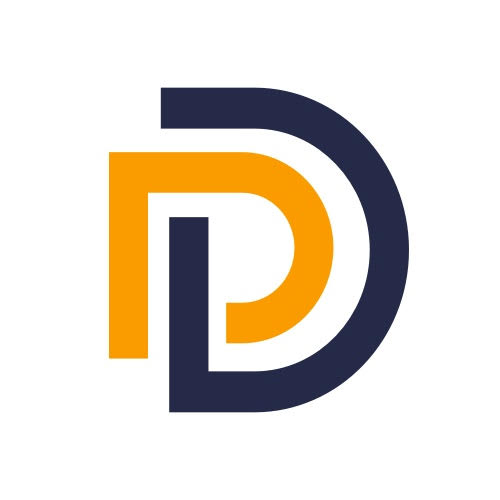
dForce
dForce advocates for building an integrated and interoperable open finance protocol matrix covering lending (global liquidity pool, yield markets), assets (stablecoin, synthetic asset, etc), and trading (liquidity aggregator, AMM).
PoC Required
Arbitration enabled
Rewards
Rewards by Threat Level
Mainnet assets:
Reward amount is 10% of the funds directly affected up to a maximum of:
$50,000Rewards are distributed according to the impact of the vulnerability based on the Immunefi Vulnerability Severity Classification System V2.2. This is a simplified 5-level scale, with separate scales for websites/apps and smart contracts/blockchains, encompassing everything from consequence of exploitation to privilege required to likelihood of a successful exploit.
All bug reports must come with a PoC in order to be considered for a reward, bug reports without a PoC will be rejected.
Critical vulnerabilities for smart contracts are further defined by the following conditions. All need to be met in order to get the classification of critical.
- Allow attacker(s) to take away collateral tokens for at least 10% in dollar value of collateral tokens from the system.
- Are applied to a real situation and triggered through an attack vector rather than theory or hypothesis.
- Occur in operation mode or emergency shutdown mode, excluding those occurring during or shortly after the deployment when the system is yet to become fully activated.
Please note this Bug Bounty Program does not cover vulnerabilities pertaining to 1) protocols built by third-party developers (i.e., smart contract wallet); 2) ownership of an admin key.
The reward of critical smart contract vulnerabilities is capped at 10% of economic damage, primarily taking into account the funds at risk. The dForce team may, at their discretion, decide to increase the reward based on PR and branding aspects.
Payouts are handled by the dForce team directly and are denominated in USD. However, payouts are done in DF.
The target asset is a link of Github which lists all major contracts of dForce suitable for bounty.
Program Overview
dForce advocates for building an integrated and interoperable open finance protocol matrix covering lending (global liquidity pool, yield markets), assets (stablecoin, synthetic asset, etc), and trading (liquidity aggregator, AMM).
Features:
- Permission-less and open – everyone with internet access can participate.
- Non-custodial – minimal trust cost, users always have ownership over their crypoassets.
- Open-sourced – anyone can integrate with dForce and build your own product on top of our protocols.
- Decentralized – dForce (DF) token empowers the governance voting process.
dForce is backed by a number of world-class investors including CMBI (China Merchant Bank International), Multicoin Capital, and Huobi Capital. It is the world’s first open finance project powered by a leading commercial bank.
Further resources regarding the dForce can be found on their website, https://dforce.network/.
The bug bounty program is focused around its smart contracts and infrastructure and is mostly concerned with issues stated in the Impacts in Scope section.
KYC not required
No KYC information is required for payout processing.
Proof of Concept
Proof of concept is always required for all severities.
Prohibited Activities
- Any testing on mainnet or public testnet deployed code; all testing should be done on local-forks of either public testnet or mainnet
- Any testing with pricing oracles or third-party smart contracts
- Attempting phishing or other social engineering attacks against our employees and/or customers
- Any testing with third-party systems and applications (e.g. browser extensions) as well as websites (e.g. SSO providers, advertising networks)
- Any denial of service attacks that are executed against project assets
- Automated testing of services that generates significant amounts of traffic
- Public disclosure of an unpatched vulnerability in an embargoed bounty
- Any other actions prohibited by the Immunefi Rules
Feasibility Limitations
The project may be receiving reports that are valid (the bug and attack vector are real) and cite assets and impacts that are in scope, but there may be obstacles or barriers to executing the attack in the real world. In other words, there is a question about how feasible the attack really is. Conversely, there may also be mitigation measures that projects can take to prevent the impact of the bug, which are not feasible or would require unconventional action and hence, should not be used as reasons for downgrading a bug's severity.
Therefore, Immunefi has developed a set of feasibility limitation standards which by default states what security researchers, as well as projects, can or cannot cite when reviewing a bug report.


